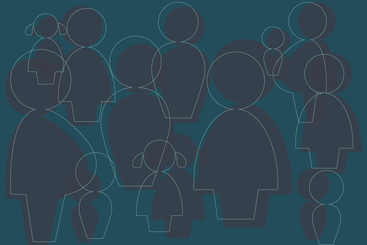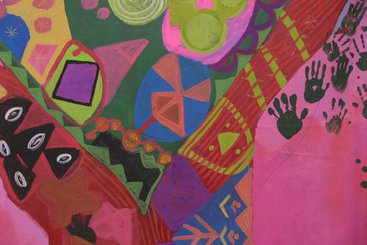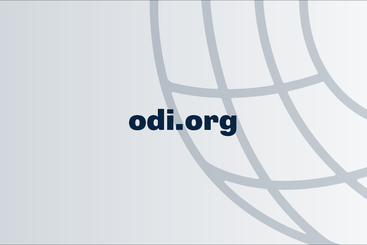In this ‘Agenda for Europe in the World’, we share concrete proposals for the new EU leadership, focusing on nine key domains where the EU can make a difference.
“The European Union has decades of experience in overcoming crises and has always emerged stronger after.” – Jean-claude Juncker
This comment by the outgoing President of the European Commission aptly captures the political history of the EU, built as it is on carefully negotiated compromises. The next five years under the leadership of Ursula von der Leyen will again be crucial for the Union.
Polarisation is on the rise, as outspoken parties, both pro-Europe and anti-Europe, gained ground in the May European Parliament elections. More than ever, the new European leadership faces the need to reconcile diverging agendas. Subtle brokerage of new political compromises is called for in today’s climate of rising populism and Brexit.
Inevitably these internal processes in the EU will have a major impact on the EU’s global role. Just 10 years after the signing of the Lisbon Treaty, the EU continues to see itself as a champion of multilateralism, as the leading promotor of climate action, and as the defender of values and development agendas in the world.
To give credit where it is due, in terms of 'strategising', that is, designing ambitious policies and mobilising development finance, the EU still is a global leader. This is likely to be reflected in the 2021–2027 multiannual financial framework (MFF) with an increase of financial resources to support Europe’s global leadership role.
In recent years the EU has demonstrated a growing stepping up of cooperation with Africa. The EU expresses a grand ambition to work towards a 'partnership of equals' based on mutual interests and respect beyond the traditional 'donor–recipient' dependency of the past. In practice, however, it is proving difficult to move away from the usual recipes. We see an EU that is struggling ever more to reconcile its normative model of soft power with interest-driven agendas. Incoherence and duplication of efforts risk undermining EU effectiveness and speed of action. EU member states and institutions continue to work in silos for and with Africa.
While these divisions linger, the EU loses leverage and credibility in Africa and the world. New actors are occupying the lost ground, promoting new rules of the game. To turn the tide, the EU needs to step up its game. New alliances and coalitions of the willing need to be forged.
It is against this background that the European Think Tanks Group presents this Agenda for Europe in the World. It sets out concrete proposals for action in key domains where the EU can make a difference. Contributions focus on peace and security, mobility and migration, climate action, energy and urbanisation, trade and development, human development, strategic partnerships, democracy support and financing for development.
The real test for the new European leadership will be to make ambitious EU policies.
-
An agenda for Europe in the world
Read more about An agenda for Europe in the world.







